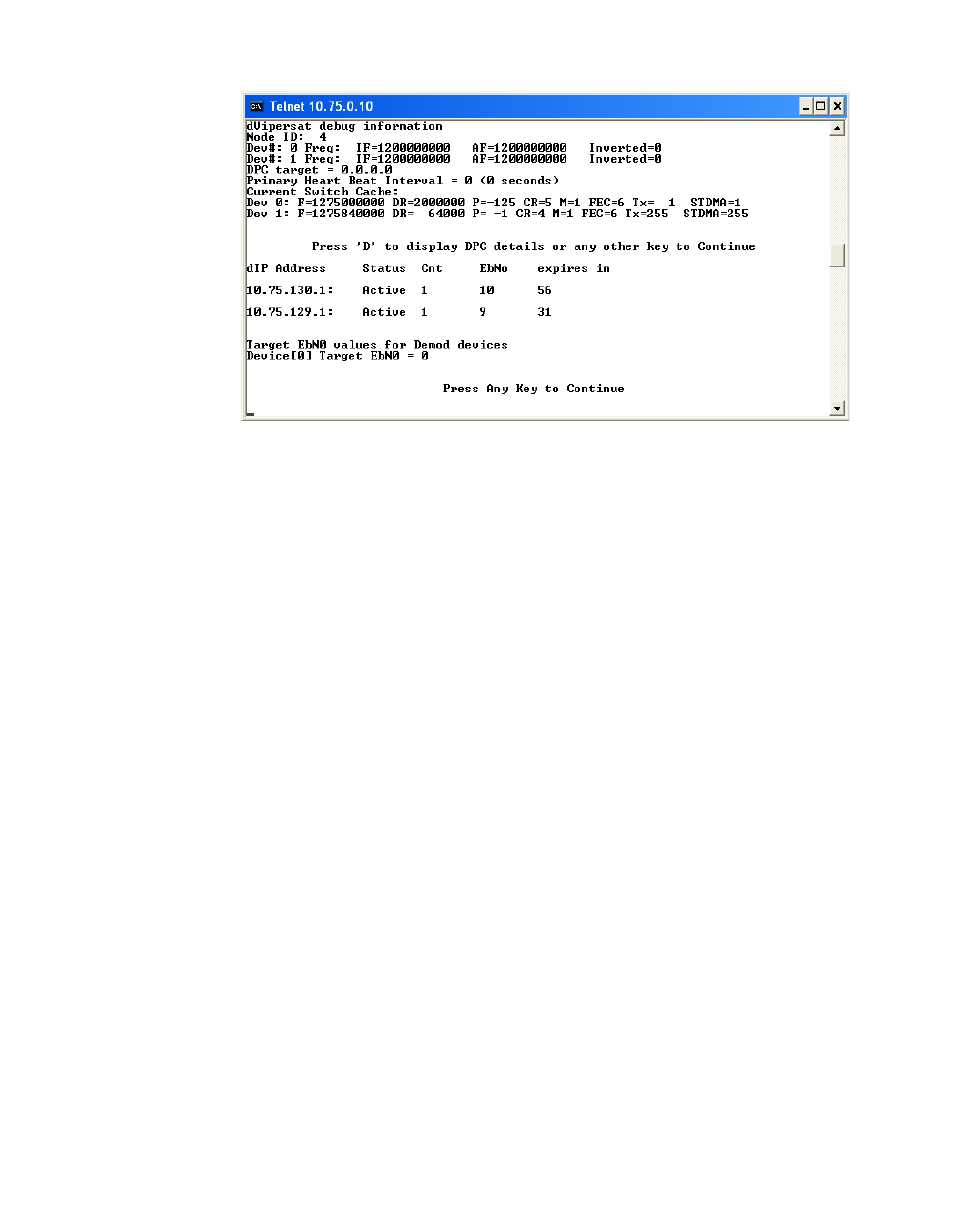Figure 3-93 vipersat summary screen (hub) – Comtech EF Data CDM-570/570L Vipersat User Manual
Page 104

Vipersat Configuration
3-68
Vipersat CDM-570/570L User Guide
Figure 3-93 Vipersat Summary screen (Hub)
The Node ID number that appears in this screen verifies that the unit is regis-
tered with the VMS and is active in the network. This number is automatically
assigned by the VMS.
The two frequency listings are for the modulator (0) and the demodulator (1) for
the CDM-570/570L. The IF values represent the Intermediate Frequency (Hz)
that this unit is currently using. The AF values represent Adjusted Frequency
(Hz), a translation of the IF that is used by the VMS for internal tracking of
switching commands.
The DPC target entry is the IP address of the modulator that is to receive the
DPC messages from this unit, and is assigned by the VMS when the modem is
switched in SCPC mode. For a Remote unit, this address will either be the Hub
TDM, or another Remote in a SHOD configuration. For a Hub unit (as shown in
figure 3-93), this field will typically display all zeros because there are multiple
target Remotes, as listed in DPC details. In this example, the DPC will be
adjusted for Remote 10.75.129.1 since this is the worst case EbNo value.
The Primary Heart Beat Interval represents the time period between the
communication check message that is sent from the primary Hub modem to the
VMS in an N:M redundancy configuration. This interval is specified in the
VMS.
Data for the Current Switch Cache reflects either the Home State information
immediately after the unit boots, or the last switch command from the VMS
(the last command sent to the base modem).
DPC details provide the status and EbNo values for active Remotes in the
group.
